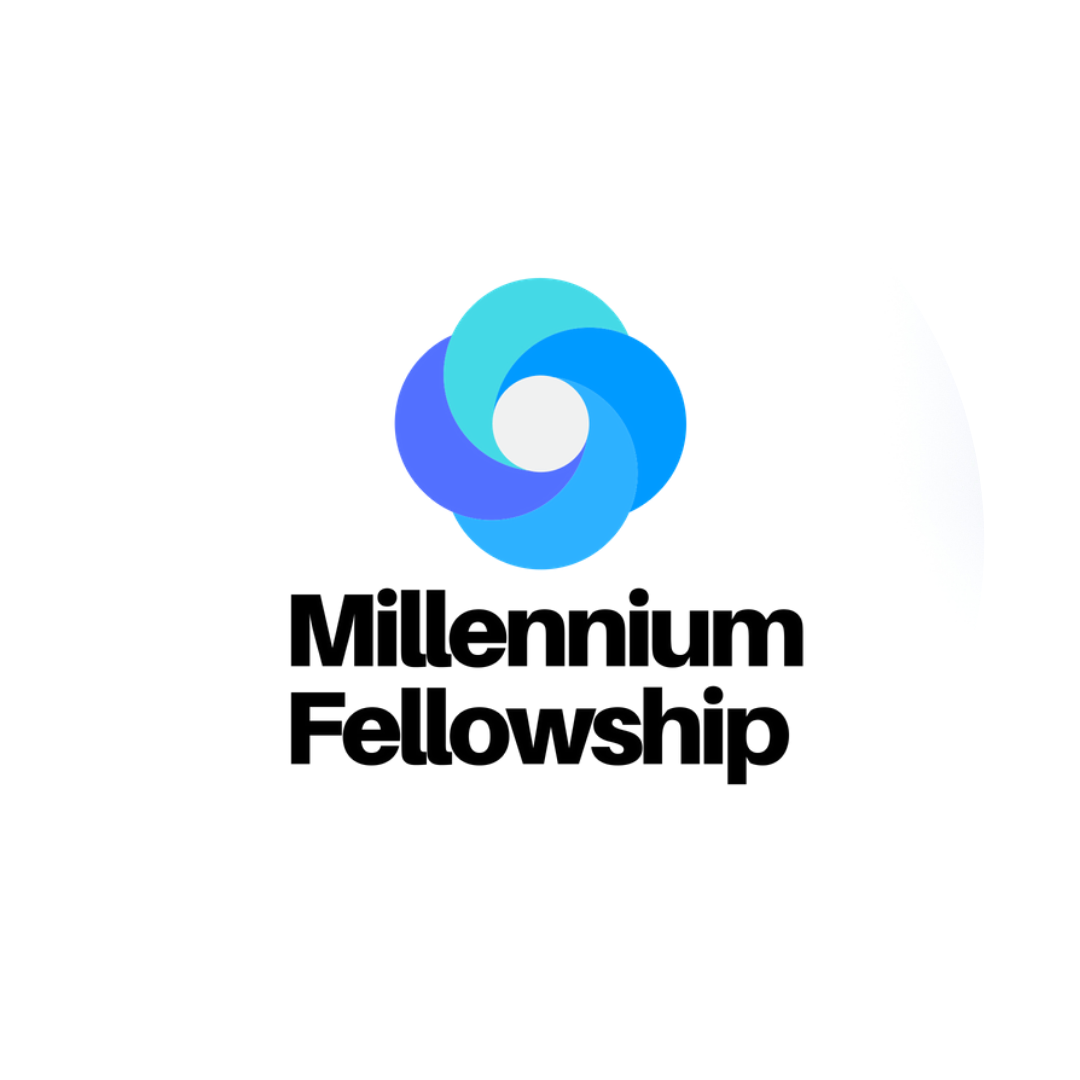ABOUT THE MILLENNIUM FELLOWSHIP - CLASS OF 2024
United Nations Academic Impact and MCN are proud to partner on the Millennium Fellowship. This year, 52,000+ young leaders applied to join the Class of 2024 on 6,000+ campuses across 170 nations. 280+ campuses worldwide (just 5%) were selected to host the 4,000+ Millennium Fellows.

UNITED NATIONS ACADEMIC IMPACT AND MCN PROUDLY PRESENT HABIBA BINTE KAMRAN, A MILLENNIUM FELLOW FOR THE CLASS OF 2024.
National University of Medical Sciences PWD Campus | Rawalpindi, Pakistan | Advancing SDG 3, SDG 11, SDG 17, SDG 13, SDG 12 & UNAI 9

" I do what I do because I can feel and understand the pain of other people suffering
from very same pain as I do and this empathy is what keeps me going. Being a part
Millennium Fellowship program will boast my confidence and self-esteem and I would be
better able to reach out to people in need. I will be able to better manage my projects
and communicate project needs with team members, which will allow us to better
reach out to larger audience. "
Millennium Fellowship Project: EcoCycle: Empowering Girls with Menstrual Health and Sustainability
This project title as “EcoCycle: Empowering Girls with Menstrual Health and Sustainability” led by two passionate Millennium fellows from National University of Medical Sciences (NUMS), PWD Campus, is mainly focused on female menstrual hygiene. Especially orphan girls who just hit puberty and there is no one to guide them about the changes happening in their bodies. As we know our society is still conservative and even parents don’t guide girls properly. Being a female is already a big task here as they can’t even talk freely about their hygiene and menstrual health. So, core objective is to guide such girls, to let them know what changes they will observe in themselves, and how to tackle those. Secondly, to create awareness on destigmatizing menstruation in our society as many girls can’t talk freely about their menstrual health even to their parents because of cultural values and societal stigma. To break this stigma in order to empower girls towards a healthy and productive life is very important as menstrual hygiene is an important part of their lives. Moreover, this project aimed to take a step towards environmental sustainability by education young girls on proper disposal of their menstrual waste or pads. Replacing the use of synthetic plastic pads by organic cloth pads can significantly reduce the plastic waste. Our project aimed at promoting the use of organic pads through awareness sessions and distribution of cloth pads. Activities include conducting Focus group discussions to gather public opinions and baseline data regarding the knowledge on menstrual hygiene, conducting in-person and virtual awareness session at orphanage and university campus, establishing partnerships with orphanages, government organizations as well as university societies working on environment protection, conducting surveys through google forms as well as in-person surveys and distributing free of cost cloth pads from funds to orphan girls during visits.
About the Millennium Fellow
Habiba binte kamran is a passionate undergraduate student whose dream is to invent
something new for the welfare of mankind. She has been dreaming about it since very
young age. She herself suffers from multiple autoimmune diseases which run in her
family and wants to discover a drug to ease the pain of those suffering from the very
same diseases. She tries to raise awareness about these diseases in her circle and
tries to alleviate pain of those suffering by advicing ways that could help them manage
these diseases. She is currently a student of biotechnology, doing her bachelor's at
National University of Medical Sciences. She choose this degree because she saw it as
a chance or weapon through which she can achieve what she longs for: to invent a
drug that could reverse or at least promise a healthy life with autoimmune disease.












